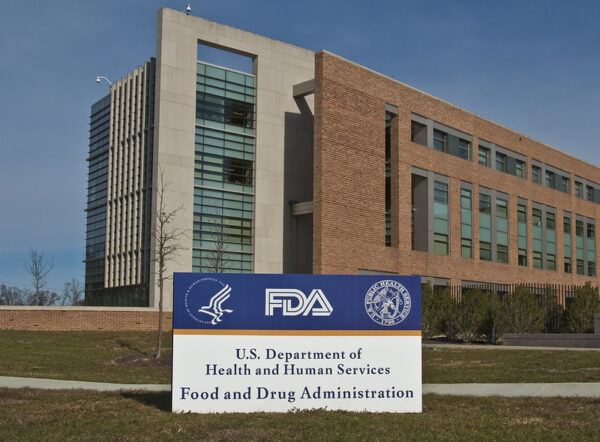
Makena, a drug that has been prescribed to prevent premature birth since its accelerated approval more than a decade ago, has been removed from the market. FDA withdrawal of the product comes four years after the drug failed its confirmatory trial and and six months after an advisory committee recommended for the second time that the product be withdrawn.
The drug’s maker, Luxembourg-based Covis Pharma, had asked the FDA to permit a voluntary withdrawal over a longer period of time. But the FDA concluded that the company has had enough time and announced on Thursday that effective immediately, Makena and generic versions of the product can no longer be sold in the U.S.
Makena is a synthetic version of progestin, a hormone that plays a role in the menstrual cycle and pregnancy. The drug was developed to reduce the risk of preterm birth—defined as birth earlier than 37 weeks—in pregnant women who previously delivered a baby too early and are at risk of doing so again.
Until Makena’s 2011 approval, no FDA-approved drugs were available for preventing preterm birth. The FDA approved Makena under the accelerated approval pathway using a surrogate endpoint, an indicator that the drug might be working. In this case, the surrogate endpoint was reducing preterm birth prior to 37 weeks. Drugs granted accelerated approval must further demonstrate benefit in a post-marketing confirmatory study. For Makena’s confirmatory clinical trial, the goals included showing a reduction in mortality and morbidity in fetuses and newborns.
In March 2019, AMAG Pharmaceuticals, which had owned the rights to Makena at the time, reported preliminary results from a confirmatory study that enrolled more than 1,700 women. The data showed that the drug performed similar to a placebo on reducing the risk of preterm delivery at less than 35 weeks. The study drug and placebo groups also showed similar results on measures of mortality and morbidity.
The FDA proposed withdrawing the product from the market but offered AMAG the opportunity for a hearing. A 2019 advisory committee meeting finished with a 9 to 7 vote recommending the FDA withdraw Makena’s approval. Covis acquired AMAG in 2020 and asked to make its case for allowing the drug to remain on the market. That hearing was finally held last October. Covis contended that the drug is effective in higher-risk patients. This time, the hearing led to a more lopsided outcome: a 14 to 1 vote recommending removal of Makena from the market. Covis acknowledged the committee vote, but said it would await the FDA’s final decision. That decision came Thursday.

A Deep-dive Into Specialty Pharma
A specialty drug is a class of prescription medications used to treat complex, chronic or rare medical conditions. Although this classification was originally intended to define the treatment of rare, also termed “orphan” diseases, affecting fewer than 200,000 people in the US, more recently, specialty drugs have emerged as the cornerstone of treatment for chronic and complex diseases such as cancer, autoimmune conditions, diabetes, hepatitis C, and HIV/AIDS.
The FDA decision said the agency conducted analyses of the confirmatory study using several statistical methods. Those analyses showed that differences compared to the initial clinical trial, such as race or whether the mother was treated outside the U.S., did not explain the different results. The agency said the data show that Makena is not effective in any group of patients, regardless of risk level. The FDA acknowledged the problem of preterm birth, which especially affects Black women. But the decision goes on to state that without evidence showing that Makena’s benefits outweigh its risks, it should not remain approved.
“We acknowledge at the outset the serious problems of preterm birth with respect to both maternal and neonatal health and the contribution of institutional forces that have led to health disparities, including preterm birth, among Black women,” FDA Chief Scientist Namandjé Bumpus said in the FDA announcement. “Nothing in this opinion today is intended to minimize these concerns—to the contrary, our hope is that this decision will help galvanize further research.”
After the second advisory committee hearing, Covis asked the FDA for a wind-down period that would enable current patients to complete their 21-week course of treatment and for the remaining inventory of the drug to be sold. The FDA disagreed with that plan, but left the matter open until a final decision by Bumpus and Commissioner Robert Califf. The FDA acknowledged that some Makena has already been distributed to pharmacies and physician’s offices, and that some doctors may prescribe or administer this supply to patients. The regulator said it recommends that clinicians consider the FDA’s conclusions about the drug.
Photo by the FDA













